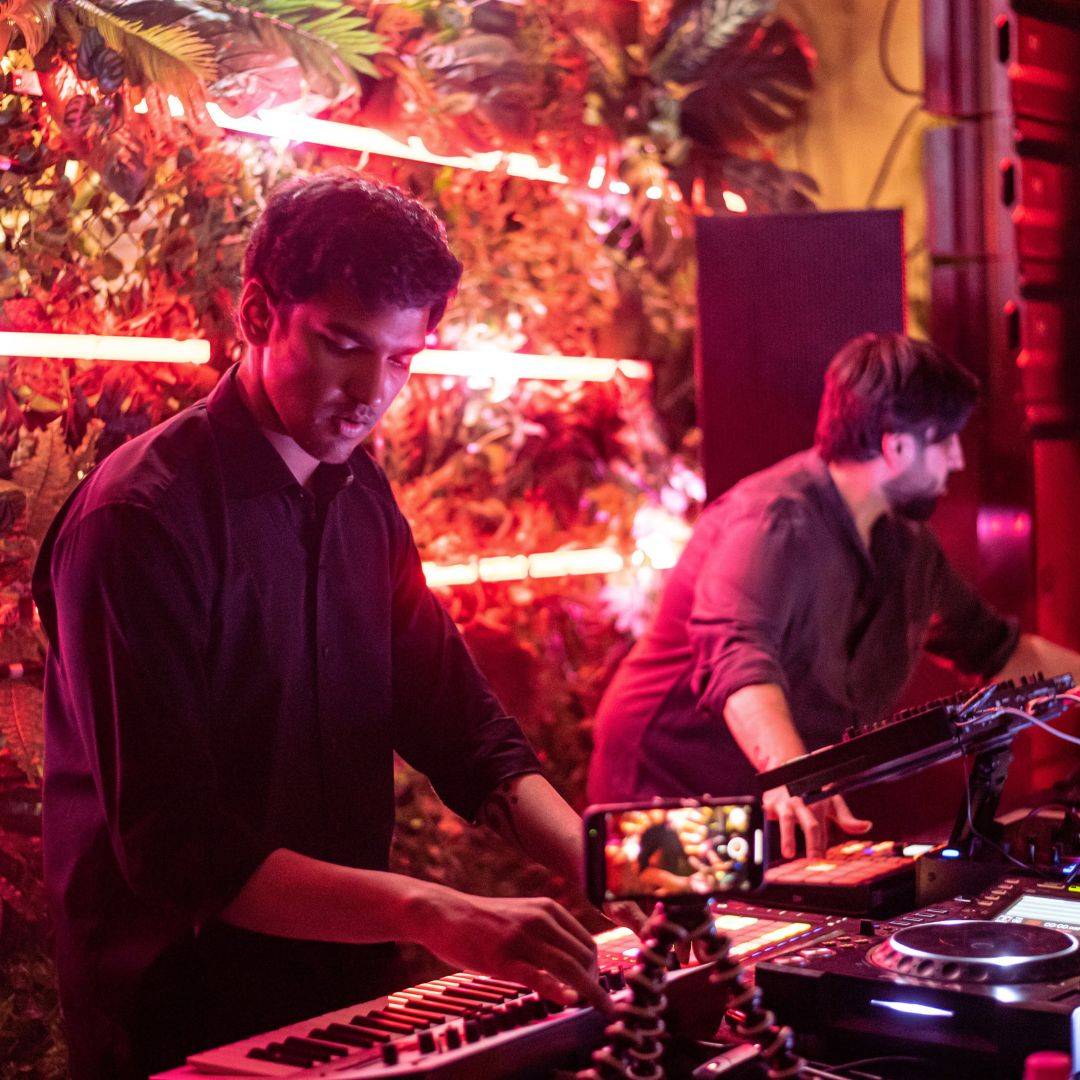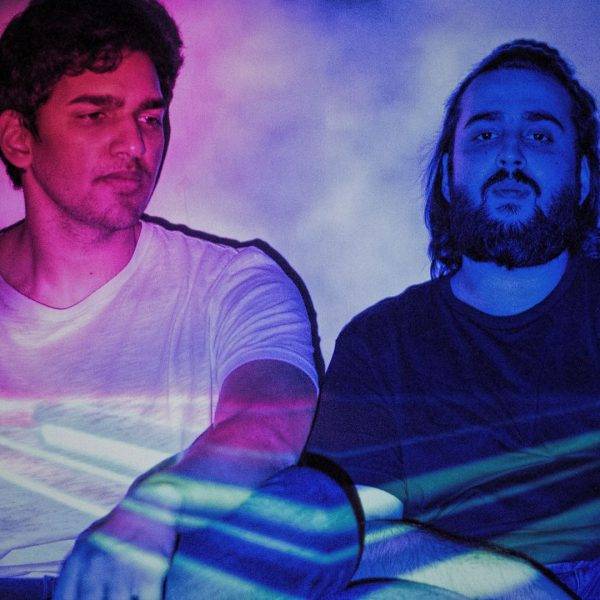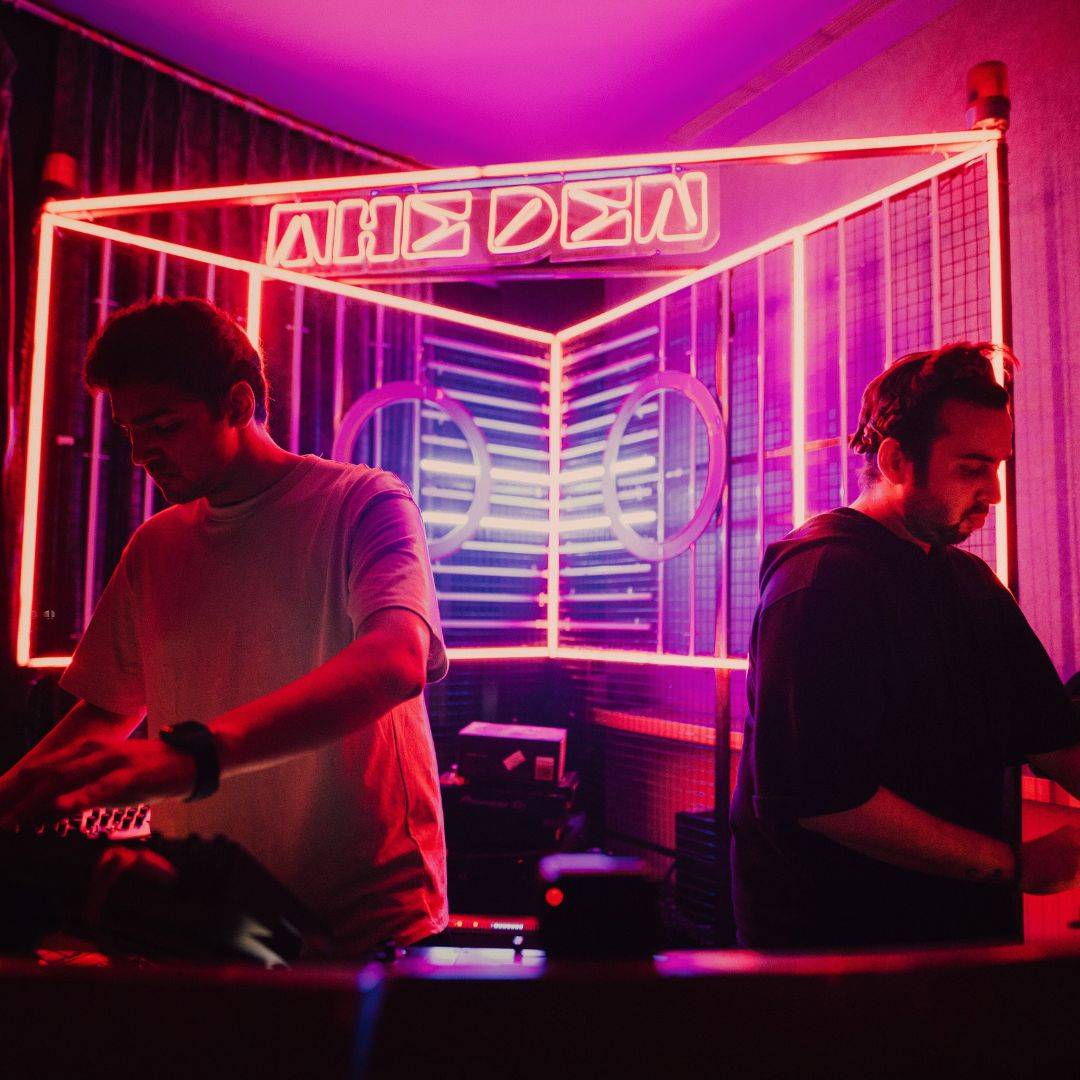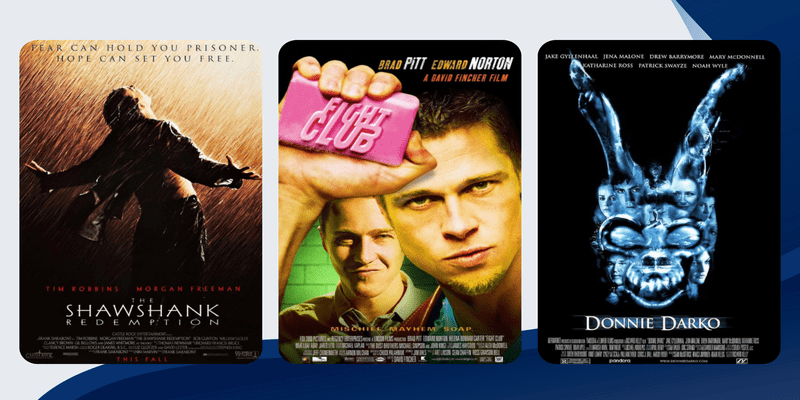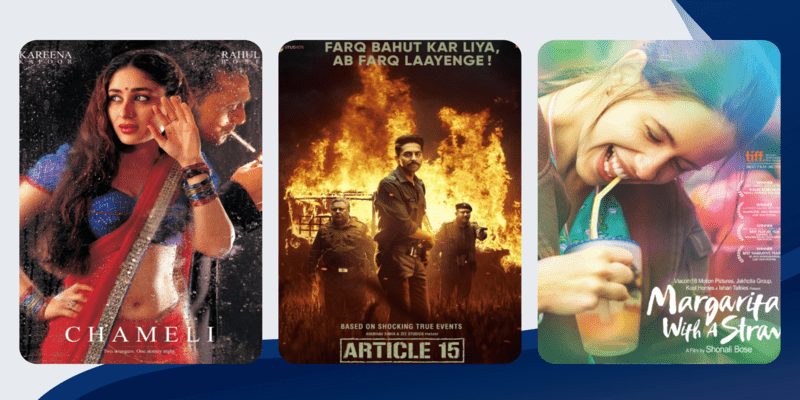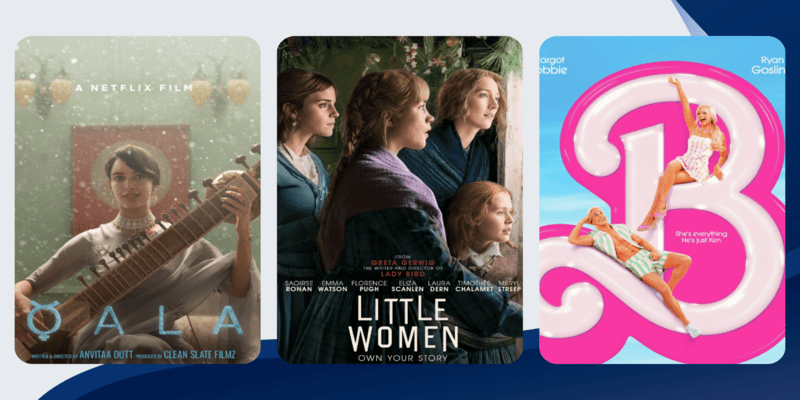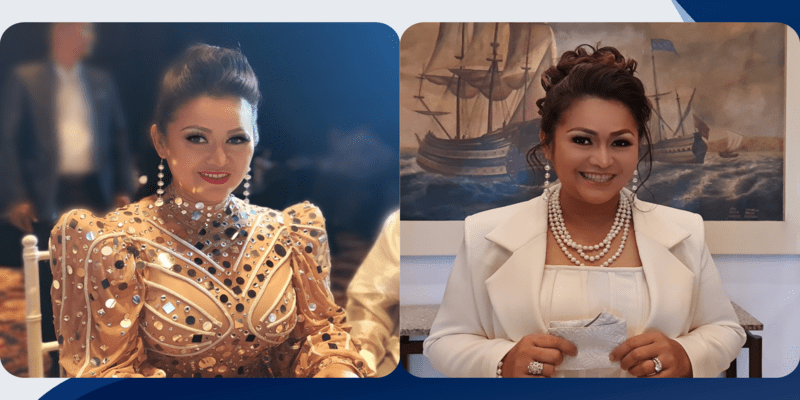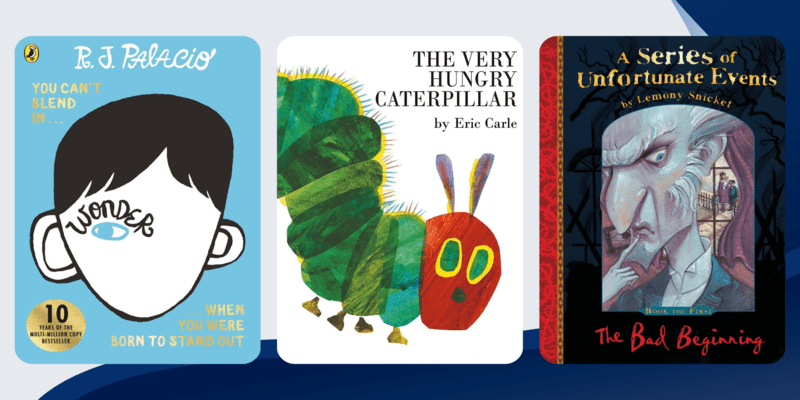The rise of KillZen in the electronic scene
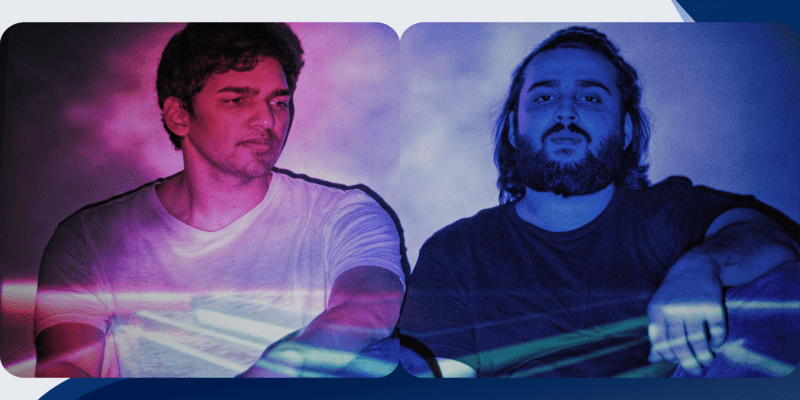
The exhilarating world of music changes its melodies in a heartbeat, however, what is fascinating is that the rhythm is always in sync. It is a place where boundaries continually expand and modern genres rapidly emerge, giving enthusiasts something fresh to experience every now and then. As the digital age provides unprecedented accessibility to music creation tools and platforms, the current wave of artists is harnessing technology to redefine the art of music production. Among these trailblazers are Anannya Gupta and Abhishek Chaturvedi, the dynamic duo behind the Indian group KillZen.
In this very dynamic and highly mesmerising world, the electronic genre rises as a vibrant force reshaping the musical trends, especially during the current period of time. Electronic music is a genre of music that employs electronic musical instruments, digital instruments, workstation software or circuitry-based music technology.
Let’s decipher more about these youngsters who bring to the fore a spirit of innovation and authenticity and a whole new zeal to the electronic music scene. Anannya Gupta, hailing from Delhi, started training with drums at the young age of 14. He took forward his passion towards music with a bachelor’s degree in music production from Point Blank School of Music in England.
Abhishek Chaturvedi, who is a keyboard player, hails from Kolkata, West Bengal, and has had vast exposure to a plethora of music genres since right after school. The two met at Point Blank School and there began the journey of KillZen.
Gear up to dive deeper into their story, explore their creative process, and find out how the duo aims to bring forward the transformative power of electronic music where creativity knows no bounds and expression knows no limits.
What led to the inception of KillZen and how did you guys come together?
The story behind the genesis of KillZen is rather funny and coincidental and dates back to 2016. Apart from music, both of us share a fond love for football. This one time, we both decided to catch up at home over dinner and drinks for a football match screening. After the game was over, we both went back to our mats and music. In the process, just out of the blues, we decided to combine our ideas. Despite not discussing any tempo, musical scale, or time signature — all of which are highly crucial for creating music, when we combined our work, we were in awe of how well it sat. That’s how we decided to collaborate and take it forward.
We both shared a vision to create unique musical experiences rooted in originality. We make music which is emotional, retrospective, entrancing, and in a world of its own. It is music that tries to capture the nuances of the human spectrum of emotion, soundtracking moments and emotions that words fail to express. From the charged and aggressive rhythms that move bodies in dark rooms, to deep pensive melodies for those lost in thought, we have something for everyone.
What themes or messages do you aim to convey through your music?
We’re both really emotional human beings and inevitably, emotion lies at the heart of our music. For us, music is an expressive outlet where even without any spoken words, melodies speak volumes.We generally sit down with a blank canvas whenever we are writing or composing music. However, it is our endeavour that our music conveys every emotion — from the simplest to the most complex ones — especially when words can’t render justice to expression.
How do you approach collaboration and creative decision-making?
Over the past seven years that we have been collaborating, creative accord has been the foundation. Fortunately, so far, we have had no creative disagreements. The idea is to ensure that each track reflects our collective vision. Through open dialogue and mutual respect, we easily navigate creative decisions. Our process involves exchanging versions and discussing changes. Occasionally granting each other a veto, all to ensure the project’s greater good.
Can you share insights into your musical choices and how they influence the music?
Our listening palettes are quite diverse. It spans from orchestral, classical, to industrial genres, and from Frank Sinatra, Hans Zimmer, to Aphex Twin. This vast touch surely impacts and shapes our work. We believe that is how our music has a universal appeal, where we have something for every listener.
What sets your music apart?
At the core of KillZen’s identity lies a commitment to performing only original music. Not only that, but the fact that we play it live is also what sets us apart. It offers an immersive experience to the audience. For the layman to understand better, we craft songs on stage rather than mixing existing tracks which is something that DJs do.
How does electronic music differ from traditional genres in terms of composition and performance?
Unlike traditional music that’s centred around vocals, electronic music lays emphasis on instrumental melodies and innovative sounds. For us, the composition begins with a melody: a melody we play, produce, resonate with, and fall in love with. If you ask us, this already is worth as an experience and will stick with us for the rest of our lives. Apart from that, from a performance perspective, electronic music is generally mixed from one song to another. Or, it can be a free-flowing showcase of soundscapes, percussions, samples etc.
How do you envision the future of electronic music, and where do you see KillZen in it?
As electronic music continues to evolve, we anticipate a shift towards original live performances. This is a trend we are trying our best to trigger. With increased accessibility, we hope to inspire listeners to explore the different dimensions of electronic music with curiosity and zeal. DJing skills are essential and we deeply respect every DJ. However, the validation that we get when the melody we wrote in our bedroom at 2:30am is being sung by a complete bunch of strangers in the nightclub, is beyond words for us. That feeling is truly priceless. We hope to see more people trying to understand our art form and appreciate the work we do. Our five-year plan for KillZen is to perform at the biggest stages in the world. The 10-year plan is to take our boutique record label ‘Strangers Lost in Paradise’ to every ear.
What advice would you offer to emerging electronic musicians seeking to make their mark in the industry?
Embrace certain fearlessness and uniqueness rather than following a set template manner with which electronic music is being approached. We urge you all to take risks; don’t put yourself in a box and just create freely. Knowledge is power, the more you have, the less it feels. There’s no alternative to hard work and experience in this field. Your hard work will open doors to limitless possibilities that you can’t see yet. So, keep giving your best every day.
